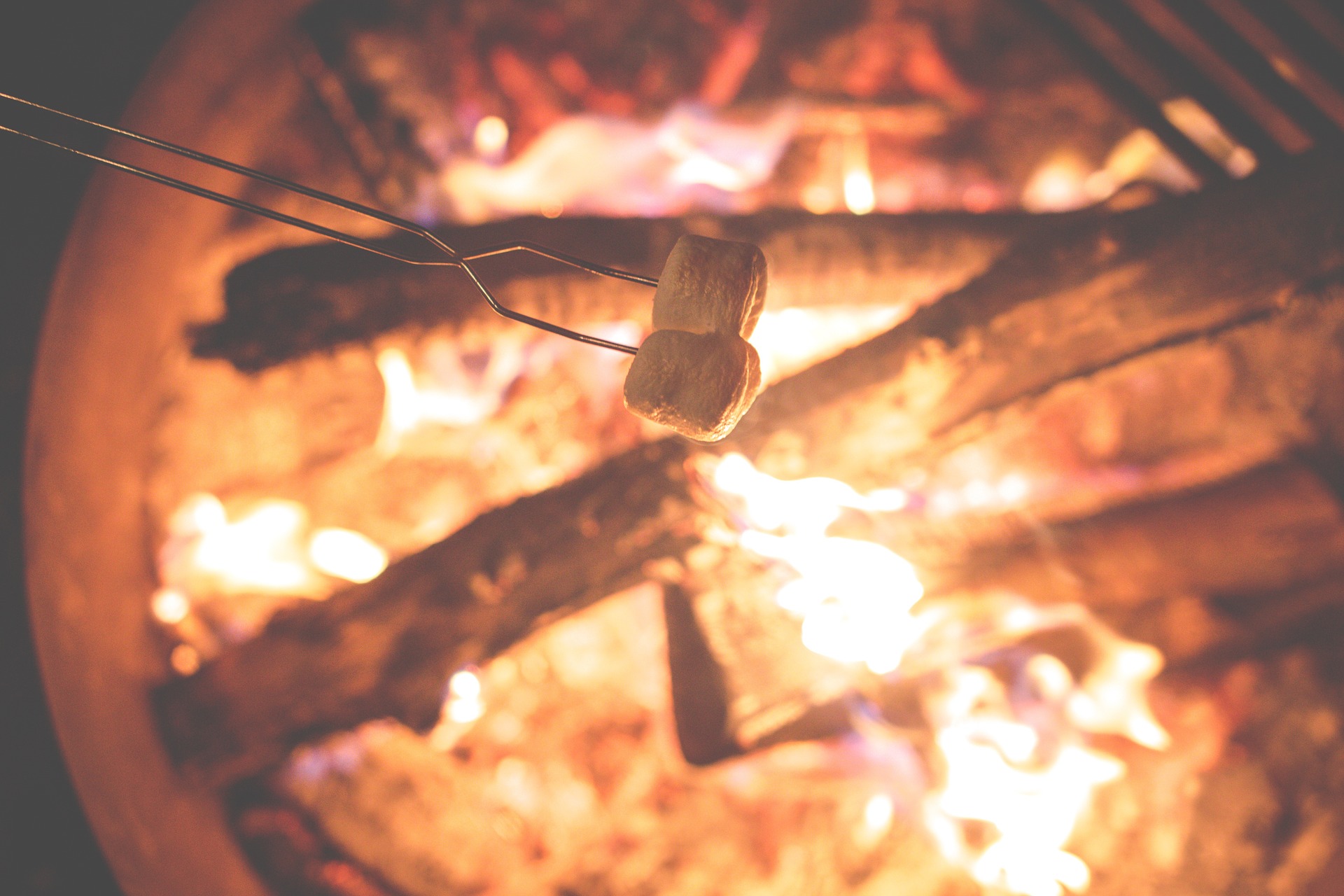
How to Stay Safe and Respect Nature While Winter Camping

In just a few short months winter will be upon us, making it the perfect opportunity to enjoy the amazing views offered by the cold, clear skies, and the leafless trees.
While camping and hiking, you’re likely to experience wildlife watching. However, if not done appropriately, simply observing wildlife can have unintentional, negative impacts. There are also a few tips to remember about maintaining a campsite and ways to keep yourself protected. Following these guidelines puts the needs and safety of wildlife first, conserves wildlife and habitats, and helps you and other winter campers stay safe.
Encountering Wildlife
Research the types of wildlife you’re likely to encounter during your trip. If you see a wild animal, stay safe by exercising caution and enjoying it from a distance. Never approach, feed, chase, or harass animals. The National Park Service warns, “Feeding wildlife creates an expectation that they can receive food from you (and other campers) in the future. This can make them persistent and sometimes violent, and may attract wildlife to your site.” Understand what to do if large animals, such as bears and moose, approach you.
Remember to never pick up orphaned or sick animals; wild animals rarely abandon their young, and there are a number of wildlife diseases that can affect humans. If you see any type of unusual behavior, such as an animal pacing back and forth or signs of aggression, contact the closest national park service or the local police. Keep in mind that during the winter, wildlife such as bears, snakes, and skunks enter into hibernation, but this doesn’t mean you should go poking around their den. A startled animal will often attack as a means of self-defense, so it is best to avoid putting yourself in that situation as well as know what to do should an attack occur.
Keeping Wildlife Away from Campsite
Many animals are opportunistic and may search campsites for food, especially when natural foods sources are low or unavailable such as during the winter. Always keep the campsite clean. Place leftovers in closed, airtight containers to keep them fresh and less noticeable by wildlife. Place food scraps and packaging in a waste bag and dispose of the bag in the campground’s receptacle. Never burn or bury food scraps or any trash.
Never take food inside your tent – that goes for storing or eating food, even snacks. Food and cooking gear should be kept separate from sleeping areas, preferably in a closed-up vehicle. Some campgrounds have specific rules about food storage, such as requiring you to use food storage lockers.
Fire Safety
Before camping, be sure you’re well versed in fire safety. Even if you don’t build a fire, you should take precautions. For example, set up tents at least six meters apart and away from parked cars. Never smoke or use oil-burning appliances in or near a tent, and keep matches, lighters, flammable liquids, and gas cylinders out of the reach of children.
Cooking areas (propane burners and open fires) need to be well away from tents and items that catch fire easily, like long, dry grass. Cooking appliances should be in a place away from foot traffic so that they’re not knocked over. If you build a fire, ensure it’s in a suitable and safe area, do so properly, and never leave it unattended. While it might be tempting to leave the fire burning during the night for extra warmth, a fire should never be left unattended. If you are seeking warmth, make sure you are dressed appropriately with a base, middle, and outer layer, as well as socks, boots, gloves, and a hat.
What People Are Asking About Science for Kids
What is the best biology lesson plan for high school?
There are many great ways to get your teens interested in biology. Might we suggest learning more about plants and animals? This article talks about getting your teen involved in classifying plants, observing animals, and more.
Where can I find earth and space science lesson plans for elementary school?
Online science lesson plans are not only easy to access, they can be fun for kids. Start with this article that lists some great online STE(A)M courses for kids.
Why is it important to study geology?
Geology helps us learn more about Earth—what it’s made of, its shape, and its natural hazards such as earthquakes, floods, and volcanic eruptions. You can teach your kids more about geology by completing some fun at-home geology projects together.
Which is easier: geology or astronomy?
Geology is the study of Earth, while astronomy is the study of the universe. Depending on your child’s interests, they may find one of these subjects is easier to learn than the other. If your child is interested in studying rocks or fossils, then they may find geology to be an easier field of science. If your child wants to learn more about the solar system, then astronomy would likely be an easier subject. Check out some great outdoor projects, including geology and astronomy, so that your child can get an idea of which field of science they might enjoy more.
What are some science camp activities for kids?
Science camps can cover all types of science—geology, astronomy, meteorology, oceanography, and computer science, among others. There are many science activities for kids that fall under these categories of science. For example, kids can examine different types of rocks and minerals, observe the night sky, create “weather” in a jar, build their own submarine, or learn to code their names.
